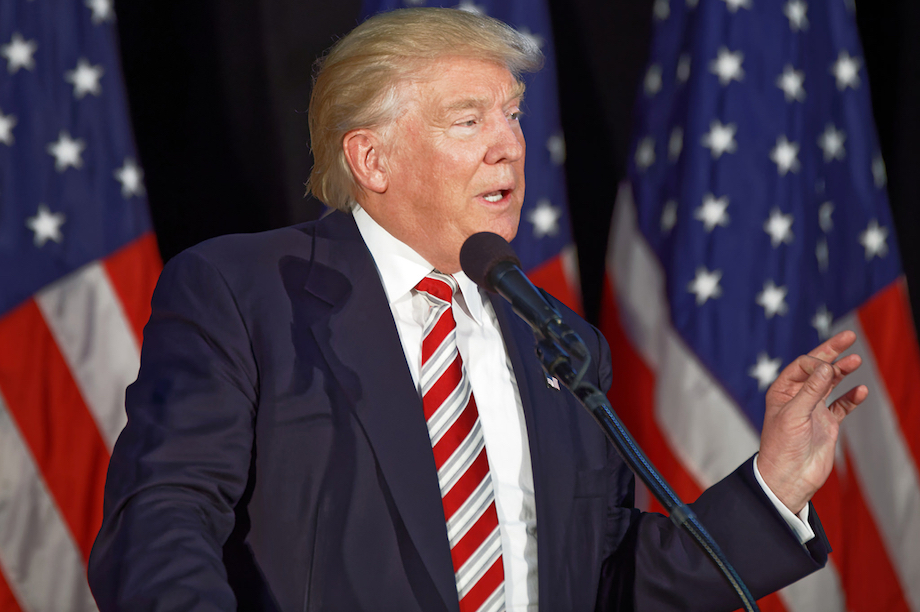The Department of Energy (DoE) plans to "purchase or arrange the purchase of electric energy or electric generation capacity" for two years and delay coal and nuclear plant retirements, according to a memo made public on 1 June.
In picking winners in the energy sector, the government would also be selecting losers.
The proposal goes against energy market trends, against previous rulings on similar bailout plans, and against Trump’s protectionist justification for its steel and aluminium trade war.
A coalition of energy industry organisations, including the American Wind Energy Association (AWEA), condemned the proposals, claiming it would hurt consumers and businesses alike.
Large corporations such as Facebook, Google, General Motors, and Walmart have, in increasing numbers and regularity, directly bought wind power through corporate power purchase agreements, as highlighted by AWEA figures released at the start of May.
Power purchase agreements (PPAs) were signed for more than 3.5GW of wind power in the first quarter of the year – the highest volume of deals in any quarter since AWEA started tracking them.
Further, utilities such as Ameren, MidAmerican Energy, and Rocky Mountain Power (Pacificorp’s unit in Idaho) have all cited economic reasons behind their decisions to source or build wind power in recent months as costs fall.
The DoE justifies its proposal to revive a Cold War-era protectionist law – the Defense Production Act of 1950 – and buy power from a list of designated coal and nuclear power plants on the grounds of national security.
It argues there are "growing threats of multi-point attacks… or other disruptions to the energy sector", and that recent and announced retirements of "fuel-secure electric generation capacity" had undermined the security of the US’ electric power system.
It further argues that such resources include "nuclear power, coal infrastructure, and pipeline infrastructure", and describes them as "basic components of the nation’s domestic industrial base".
Further, a Federal Energy Regulatory Commission (FERC) ruling in January rejected a similar DoE proposal to subsidise coal and nuclear.
When, in September, the DoE proposed paying "traditional baseload resources, such as coal and nuclear" to continue to meet a minimum demand for energy, its suggestion was unceremoniously rejected.
FERC commissioner Richard Glick argued that the retirement of coal and nuclear generators had not diminished the grid’s reliability or resilience.
Whether the FERC will deliver a similarly withering judgement on the latest plans for a coal and nuclear bailout remains to be seen.
Of course, a fundamental irony in this proposed intervention in the energy market comes as the Trump administration wages a trade war in the name of "fair trade".
Trump has proposed slapping a 25% tariff on imported steel and a 10% tax on foreign aluminium.
Bailing out coal and nuclear and selecting winners in its energy market may be consistent with Trump picking favourites and imposing tariffs and erecting barriers to foreign manufacturers without US-based factories.
But it is not consistent with Trump’s justification for the trade war, tweeted the day the DoE memo was released to : his account roared on 31 May.
What about fair markets?




.png)
HR.jpeg)
.png)








